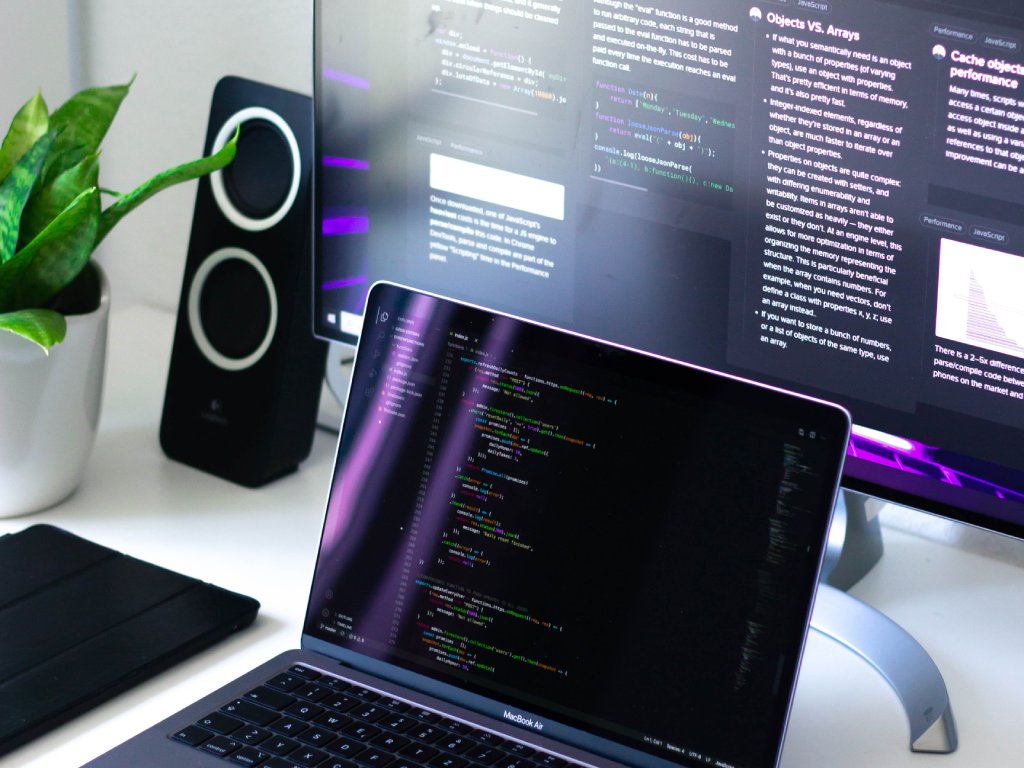Gaming demands a lot of processing power, and ordinary PC hardware can run out of steam over time. However, upgrading some computer parts that significantly improve performance is pretty straightforward.
CPUs are a common upgrade target, but swapping out a motherboard requires more technical knowledge and can be more expensive than other components. This article will cover the top must-have computer parts for enhancing performance.

CPU
The CPU is the brains behind all the sophisticated algorithms and programming your computer does when running programs or games. A powerful CPU is key for gaming because it can eliminate lag and fully immerse yourself in the game’s world.
The CPU uses tens of thousands of tiny rods called transistors to ask simple yes or no questions and work its magic. Depending on your computer’s needs, you can choose from different core counts and threads to make your system work more efficiently.
The CPU also contains an L1 and L2 cache memory to speed up processing by reducing the need to retrieve data from main memory, which is more time-consuming. It also has a floating point unit, a specialized coprocessor that manipulates numbers much more quickly than the basic microprocessor circuitry can.
Graphics Card
A graphics card takes instructions from the CPU and translates them into what you see on your screen. This can include numbers in a spreadsheet, words in a document, images and textures on a webpage, or video frames of a movie.
It’s also responsible for rendering all your games’ 2D and 3D graphics. Modern graphics cards are highly sophisticated devices that behave like stand-alone computers in many ways.
Dedicated graphics cards plug into the motherboard’s PCI-E slot, though some machines have an integrated GPU built into the processor. This isn’t as powerful and doesn’t allow for upgrades or replacements.
Look for a card that fits your case and ensures it has an adequate power connection (typically 6- or 8-pin). Also, consider the graphics card’s size; larger cards will take up multiple slots in the motherboard, potentially blocking RAM or cooling modules. For instance, online stores like samsungparts.com have high-quality, high-performance cards for desktops and laptops.

Memory
Memory holds the instructions and data a central processing unit (CPU) needs to access quickly. The more memory a computer has, the less often the CPU must retrieve information from slower secondary storage devices such as hard drives or solid-state drives.
The most familiar form of computer memory is random-access memory or RAM. It resides on microchips close to the processor, allowing fast information retrieval. The technology for primary storage evolved from acoustic delay line and magnetic-core memory to semiconductor-based RAM, which uses integrated circuits with silicon-based metal-oxide-semiconductor transistors.
Invest in the maximum amount of RAM your motherboard supports for best results. For most computers, a 16GB kit of DDR4-3200 RAM will be more than enough, although some older systems use DDR3. Look for kits that support Intel(r) XMP, making it easy to overclock the memory to higher speeds without changing the BIOS settings. The brands can help you find the right RAM for your system.
Storage
Enough storage space is one of the most critical things you can do to keep your computer fast. Two gigabytes is the minimum modern PCs need to run smoothly, and adding an extra GB can make a noticeable difference in how long it takes for programs to start up and load.
Storage devices are built-in computer components that store digital data in memory banks. The content of these memory banks can be accessed and retrieved later on. They are also non-volatile, meaning they retain their stored information even when the power is off.
There are four types of computer storage devices. The primary storage is the memory that is directly accessible to the CPU, which includes Cache memory. The secondary storage is the memory not directly accessible to the CPU, which provides for hard disk drives (HDDs) and solid-state drives (SSDs).
SSDs are generally faster than HDDs, but they can be more expensive. If you’re looking to build a budget-friendly PC, consider buying a small SSD as your boot drive and filling the remaining bays with cheaper HDDs for storage capacity.